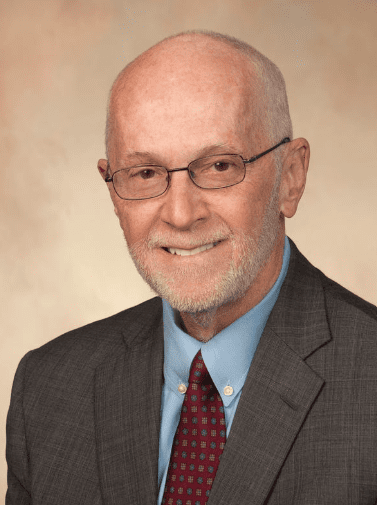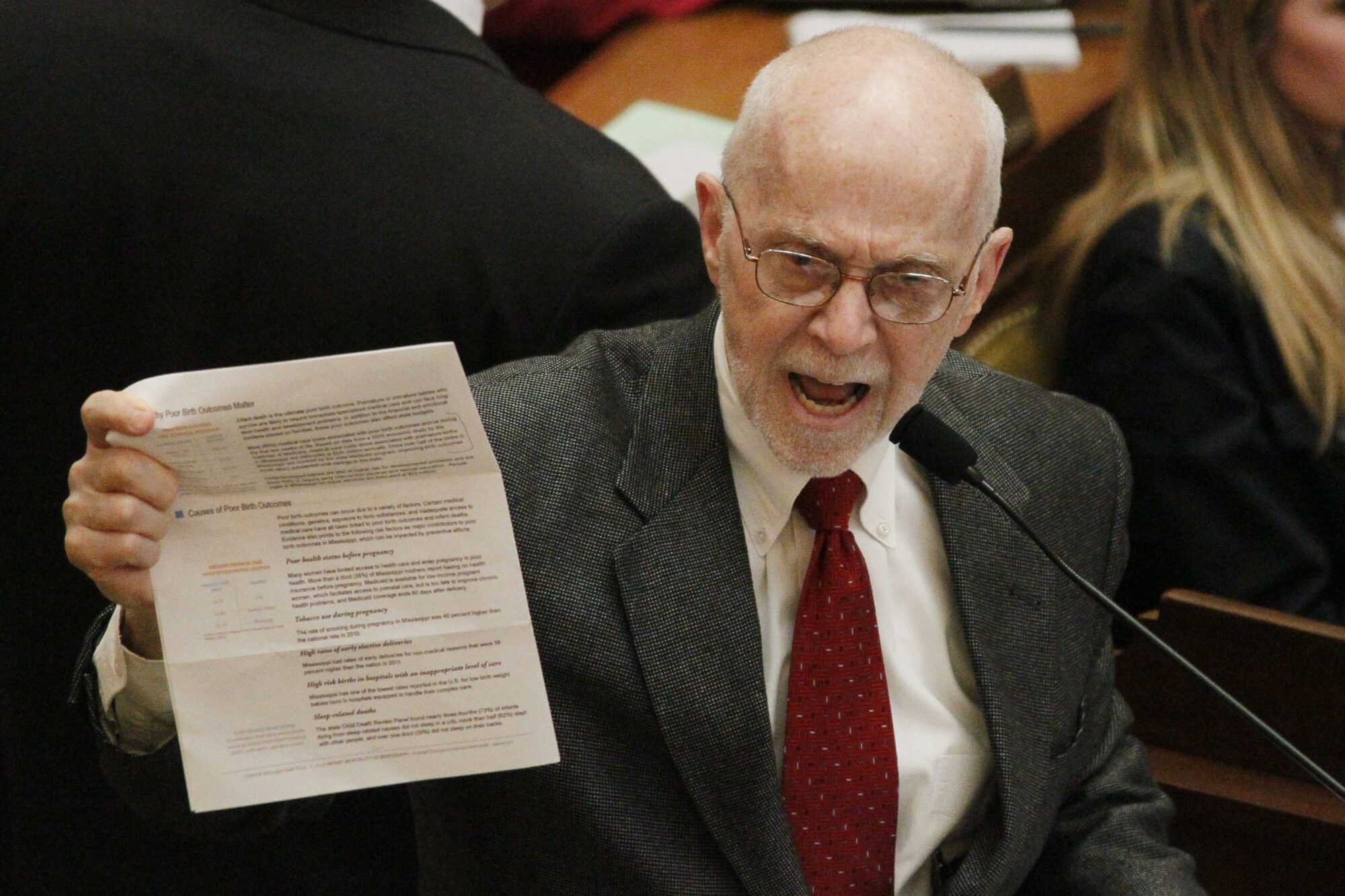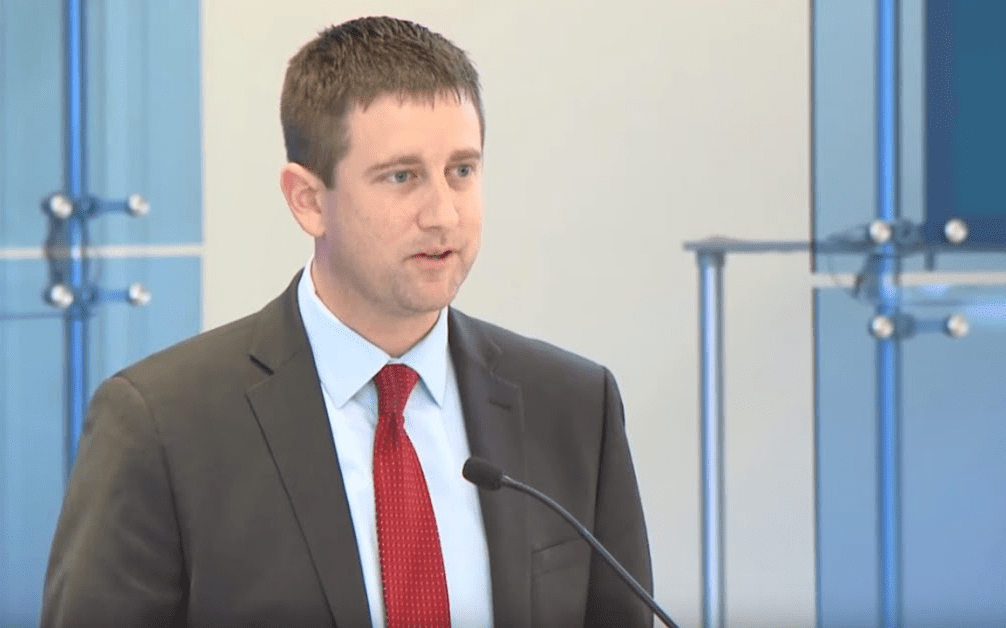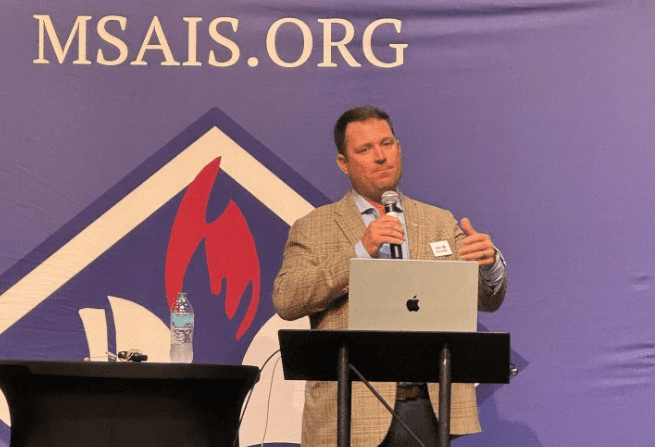
The formula worked in those states that adopted expansion, but not in those that didn’t, including Mississippi.
Once again Medicaid expansion is a hot topic in Mississippi politics.
Those who oppose expansion make several arguments to support their opposition. “It costs too much. It’s socialism. It’s not a silver bullet. The whole healthcare system needs to change, and expansion will delay the changes. It’s Obamacare.”
Thirty-nine states and the District of Columbia have expanded Medicaid with overwhelmingly positive results. In those states the number of low-income uninsured individuals has been substantially reduced; thousands of high paying private sector jobs have been created; state budget revenues have increased; community hospitals’ percentages of uncompensated care have been fallen; healthcare outcomes have been improved; and lives have been saved.

According to the Census Bureau, of Mississippi’s nearly 3,000,000 people, almost 450,000 have no health insurance. If they get sick, they pay the costs out of pocket or they don’t get treatment. No money, no treatment. Hospitals are required to “stabilize” patients, but not to cure them. Pharmacists and doctors typically require insurance or proof of ability to pay prior to providing services. Federally qualified health centers fill some of the gaps, but typically do not have specialists, provide inpatient care, offer expensive diagnostic services, or fill prescriptions.
According to the Kaiser Family Foundation, Medicaid expansion in Mississippi would result in an additional 166,000 uninsured nonelderly adults becoming eligible for coverage. That is half the state’s nonelderly population. Roughly half of the qualifiers would be the so-called “working poor” – the self-employed who cannot afford coverage, low-income workers whose employment doesn’t provide coverage or part time workers who don’t qualify for coverage by their employers. Forty-two percent would be white, 50% would be black and the remainder would be from other races. These are people who live in our communities, shop in our stores, go to our churches and vote in our elections. They are our neighbors, our fellow Mississippians. And they need our help.
Study after study and real-life experiences from other states have shown that Medicaid expansion is cost neutral to states. The combination of reduced uncompensated care at state hospitals, spinoff economic activity and additional taxes from the newly created jobs more than cover the states’ 10% share of the cost.
And that’s not counting the additional revenues to community hospitals.
When the Medicaid expansion law was passed, some of the federal funds going to hospitals to compensate them for serving patients who were unable to pay was substantially cut under the theory that the lost revenue would be replaced by the increased payments from Medicaid.
The formula works in those states that adopted expansion, but not in those that didn’t, including Mississippi. That’s one of the reasons many of our community hospitals are in financial trouble.
That is not to say that expansion will solve all their problems. Decreases in population and loss of patient counts in rural areas are big factors in many cases, but Medicaid expansion will help.
At least one recent poll has shown staunch support for Medicaid expansion in Mississippi, but our legislative leadership and the Governor have been consistently opposed. It is past time for them to change their minds.
Over the 13-year period since Congress gave states the ability to expand Medicaid, Mississippi has forgone billions of federal healthcare dollars, thousands of potential jobs have been unrealized and untold numbers of Mississippians have suffered.
Politics should not drive healthcare decisions. The legislature should pass Medicaid expansion during this legislative session.









